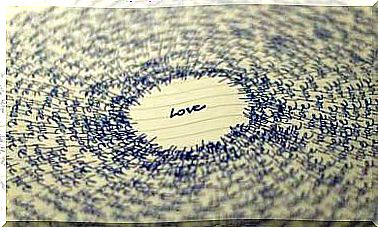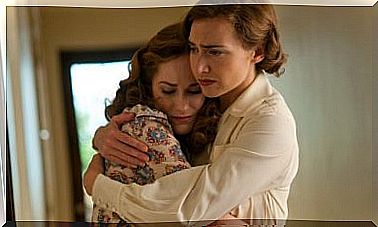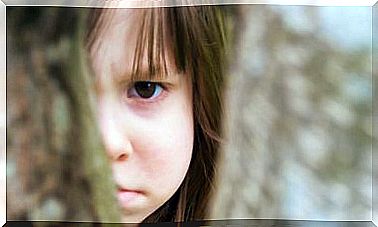The ABC Of Psychic Trauma
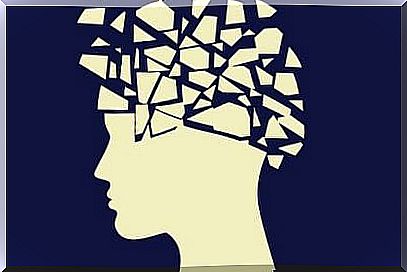
Psychic trauma is one of those topics that everyone talks about, but few fully understand. Not all negative experiences can be classified as trauma, nor does all trauma take place consciously. In fact, many people are unaware that they carry their brand, despite how much it influences their behavior.
The magnitude of mental trauma does not depend exclusively on the seriousness of the events to which a person was exposed. Factors such as age, context, mental state at the time of living the experience, subsequent events, etc., have a decisive influence.
Psychic traumas sometimes have consequences that last throughout life. We are talking about realities that must be addressed by a professional, since it is very difficult for a person, no matter how much effort they invest, to overcome them without a directed and adapted intervention. There are traumas in all of our lives, but not all of us have suffered the same traumas nor have they all left the same marks.

Defining psychic trauma
In general terms, psychic traumas are defined as unexpected experiences that generate strong emotional pain. In trauma, there is always a real, potential or imagined threat against the life or integrity of the person. The experiences that we witness also fit within this definition, although they do not fall directly on ourselves.
The response of the person exposed to such situations is horror . That is, a state of stupor in which a deep feeling of helplessness is experienced. In general, and especially in children, the initial response is emotional chaos, agitation, disorganized behaviors, or paralysis.
Psychic traumas are stored in an anomalous way in our memory. The experience is so shocking that the mind is unable to accurately and orderly register what happened. It’s like a shock to the brain. That is why it is usual for the information involved to be encapsulated and archived, so to speak. In other words, that we only remember some aspects and that the rest be consciously forgotten. It is a defense mechanism to keep going.
The characteristics of psychic trauma
The determining factor of trauma is the unexpected , the lack of preparation, the lack of adequate coping resources. Somehow, neither the body nor the mind are prepared to live that experience. When it occurs suddenly, the organism and the psyche must react in a very short time. The level of nervous excitement reaches such a level that the person cannot elaborate the experience, integrate it into his story in a way that does not harm him.
On the other hand, psychic traumas do not always derive from real events. Sometimes the human mind is unable to separate what happens in reality from what is imagined or evoked. Thus, there may be psychic traumas originated not in a real act of threat, but in the subjective fact of feeling threatened.
Sigmund Freud found that many of his patients had gone through experiences that were intolerable to them, even if they did not endanger their lives or their integrity in the strict sense. The case of a woman who hallucinated with the smell of burnt cakes is frequently cited. Her psychoanalysis led to the memory of the time when she worked as a domestic servant for a family. He received a letter from his mother and the boys in the house took it from him. At that moment some cakes that were in the oven were burned.
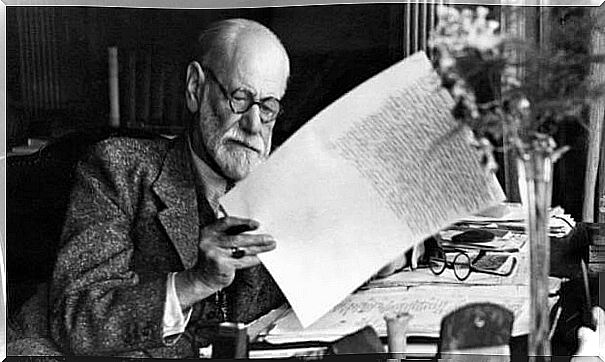
The psychological effects of trauma
Psychic traumas have different levels of severity. The most serious cause a person to organize their entire life and their entire perception of reality based on the traumatic experience. For example, someone who was the victim of sudden abandonment at an early age, which makes them unable to trust someone later.
The usual thing is that those who have suffered psychic trauma develop the so-called post-traumatic stress syndrome. It has to do with continuing to experience the trauma, unconsciously, even though there is no longer any danger. The typical case is that of someone who has been in a war and then is tormented by violent memories, to the point that they cannot live normally.
It is also usual that one of the effects of psychic trauma is anxiety and depression, with manifestations such as panic attacks or dysfunctionalities of various types. The important thing is to know that with the appropriate professional help it is possible to minimize the effects of this type of impact. This implies a reworking of what happened and an intervention on emotional memory.

